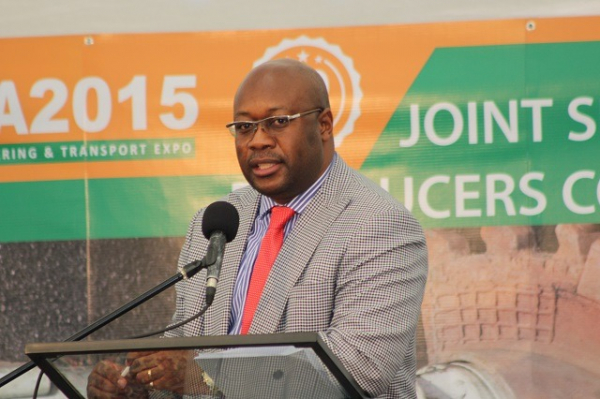
BY VENERANDA LANGA
A FORENSIC audit on Hwange Colliery Company Limited (HCCL) has unearthed that the company lost millions of dollars in a medical aid scam involving a firm chaired by Mines minister Winston Chitando.
The audit was carried out by Reynolds Tendai Muza, an auditor and investigator with Ralph Bomment Greenacre and Reynolds.
HCCL was said to have contracted a medical aid insurance company called Cellmed, where gross payments of $1 022 188 were made in 2017 to 2018, yet medical aid claims were not being honoured.
When the Parliamentary Portfolio Committee on Mines visited HCCL last year, workers’ committee chairperson Deliverance Moyo told MPs that Chitando was at the time chairman of Cellmed.
He even claimed that workers were forced to be members of Cellmed when Chitando became HCCL board chairman.
“When Chitando came, he ordered that every worker must be placed under Cellmed Medical Aid Society and the information they had gathered showed that he was Cellmed chairman,” Moyo alleged during his presentation to MPs.
In his forensic audit, Muza said HCCL had been experiencing persistent cashflow problems to the extent that it could not meet regular payments to the medical aid fund.
- Chamisa under fire over US$120K donation
- Mavhunga puts DeMbare into Chibuku quarterfinals
- Pension funds bet on Cabora Bassa oilfields
- Councils defy govt fire tender directive
Keep Reading
“The board (under Chitando) either through favouritism or incompetence approved the engagement of Cellmed to provide medical aid cover to staff, knowing very well that the company does not have stable revenues from which to meet premiums,” the audit report read.
“It is against this background that a decision should have been taken to self-insure through a fund administered, not by management, but by trustees of employees.”
The auditor said self-insurance in medical aid would have saved the company money, compared to monthly subscriptions of around US$60 000.
“With the HCCL erratic payments, claims are not readily honoured as the company has outstanding premiums. Consequently, gross payments to Cellmed for 2017 and 2018 were $1 022 188, thereby, losing money. The funds do not seem to represent money well spent by HCCL as it is lost because medical aid claims were not being honoured,” the audit said.
In his “quick wins” strategy to HCCL during the time Jimitias Chininga was the HCCL board chairperson, he said the company should have gone for self-insurance policy.
“When premiums are outstanding, the medical aid policy does not provide cover and payments made would have gone to waste,” said the forensic audit.
For insurance of its equipment, HCCL also contracted the services of Cell Insurance Company, yet, according to the forensic audit, the insurance company had no capacity to meet foreign currency-based claims.
Muza said Cell Insurance might not have a strong balance sheet to carry any loss on plant and equipment given that it had not placed the risk of any form of specialist insurance companies that insure direct insurance companies.
The audit also said that HCCL had a school fees policy which set US$380 per term for primary school and US$480 to US$2 525 per term for secondary school per permanent worker, up to a limit of three children per employee.
“This is unheard of and can only disadvantage shareholders due to the heavy financial burden involved. The board’s policy on school fees is anathema to sound commercial practice,” the audit read.











